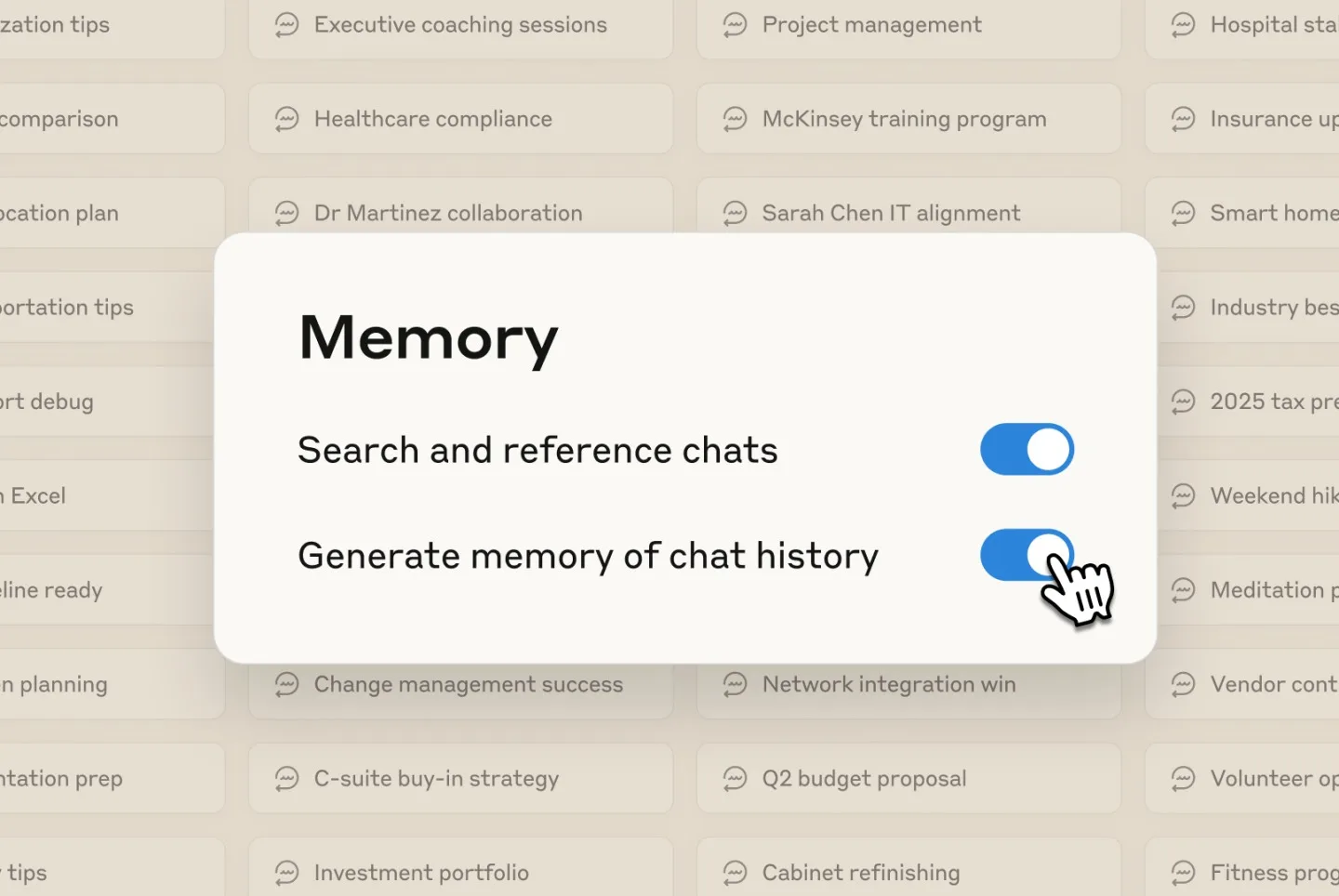Claude gains persistent memory: The assistant will remember your conversations
Anthropic has launched a significant update for Claude, its conversational assistant, which now enables it to automatically remember past conversations — without users needing to remind it every time.
Claude: A Memory Feature Available Now for Max Subscribers
As of today, Max subscribers can activate the memory feature in Claude’s settings. Pro subscribers will gain access “within the next few days,” while Team and Enterprise users have already had this capability since September.

No timeline has been provided for free users yet.
This memory feature enables Claude to retain important information from one discussion to the next, such as projects, preferences, or professional context.
A Commitment to Transparency Regarding AI Memory
Anthropic emphasizes transparency: every user will be able to see exactly what Claude has memorized, rather than vague summaries.
Users will have the ability to:
- modify or delete specific memories,
- request Claude to forget certain information (e.g., “forget my previous job”),
- or even create “distinct memory spaces” to separate professional life, personal projects, or private conversations.
This approach aims to prevent overlaps between different contexts — a common challenge with multitasking AI assistants.
Importing or Exporting Memories
Anthropic also promises full portability:
users will be able to import their memories from ChatGPT or Gemini (by copying and pasting the information) and can export their data from Claude at any time.
“No locking in,” the startup clarifies.
An Advancement, but Also Risks
With this feature, Claude is catching up to its direct competitors, OpenAI and Google, which had already introduced memory in ChatGPT and Gemini in 2024.
However, this development is divisive: some experts warn of the risk of “AI psychosis,” where assistants reinforce erroneous beliefs or obsessive behaviors by “knowing” their users too well.
Claude thus becomes more personal, more useful — and potentially more intrusive. For Anthropic, memory is a key step toward making its assistant more fluid, contextual, and coherent over time, all while maintaining user trust through complete data control.




